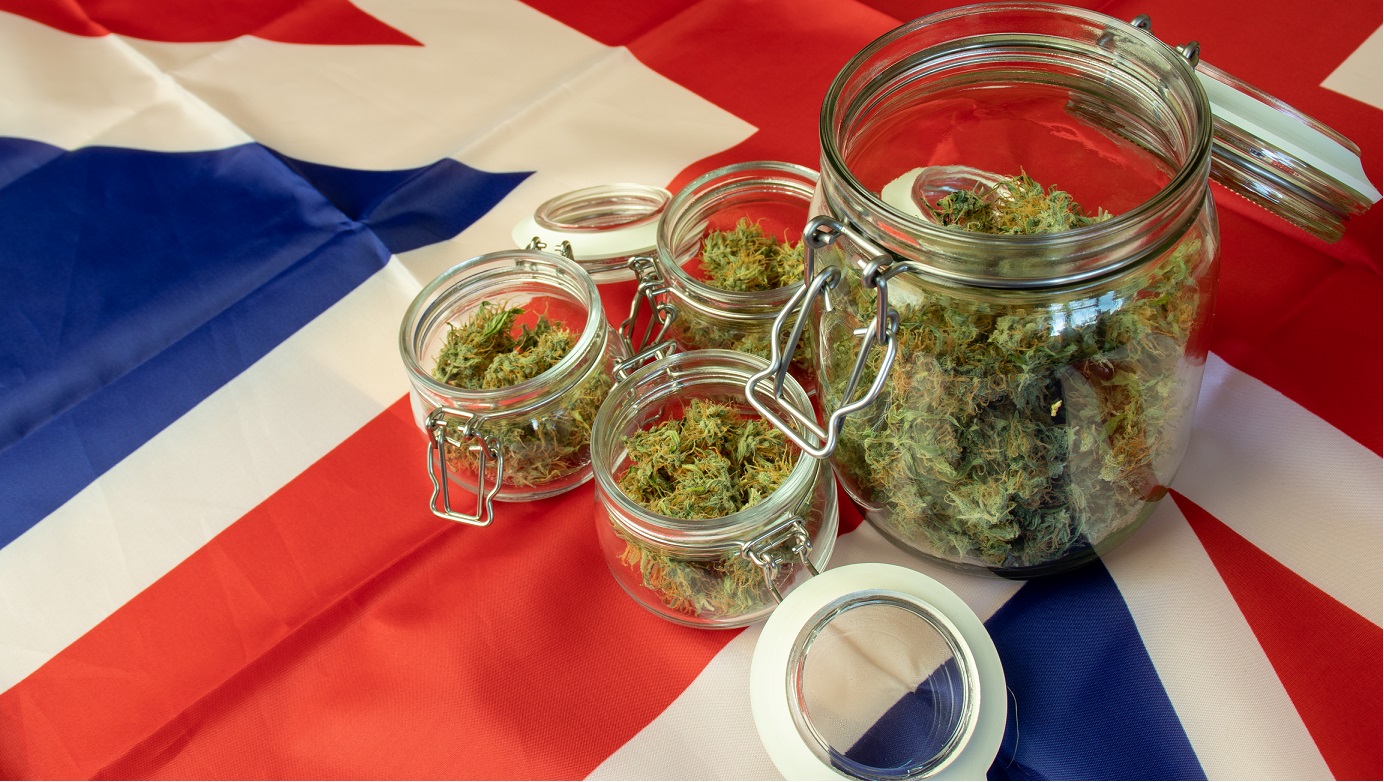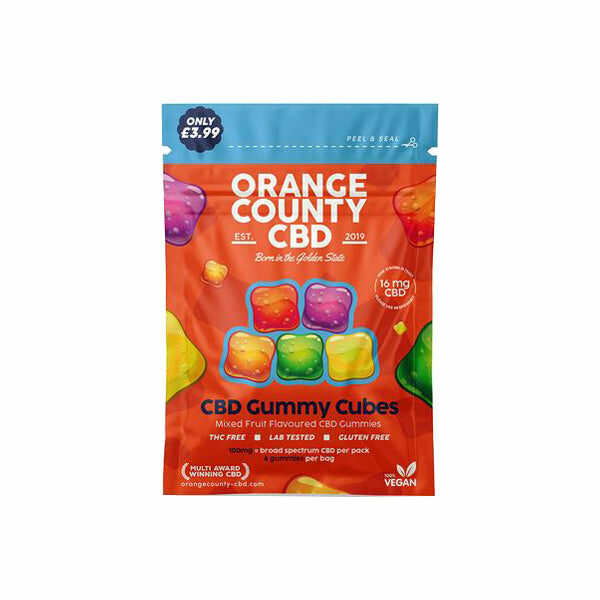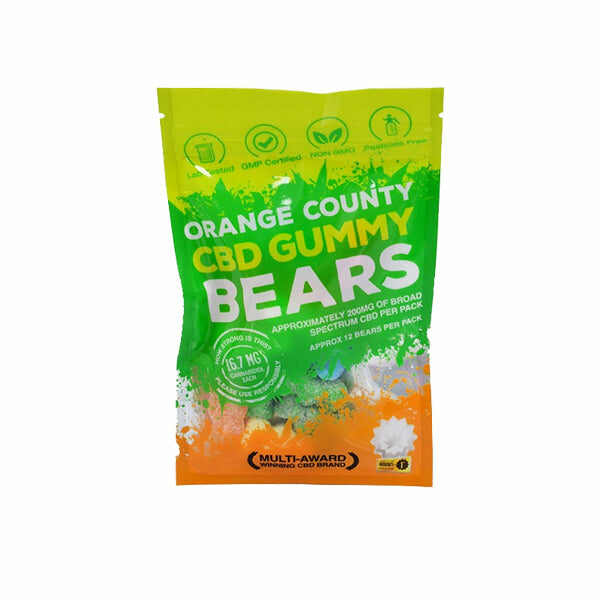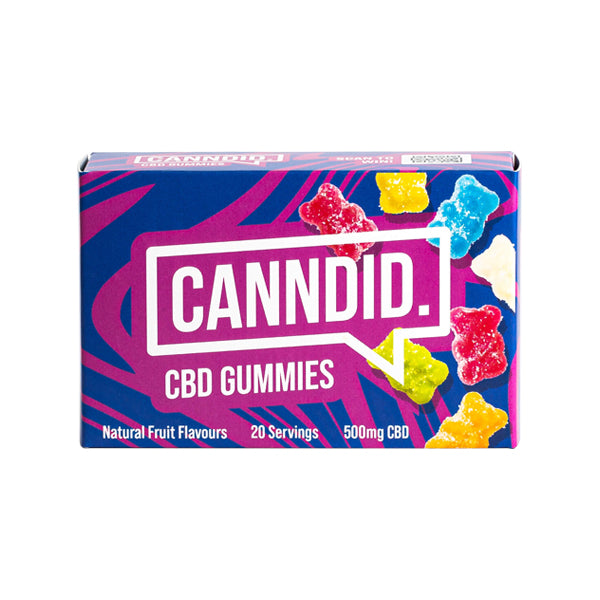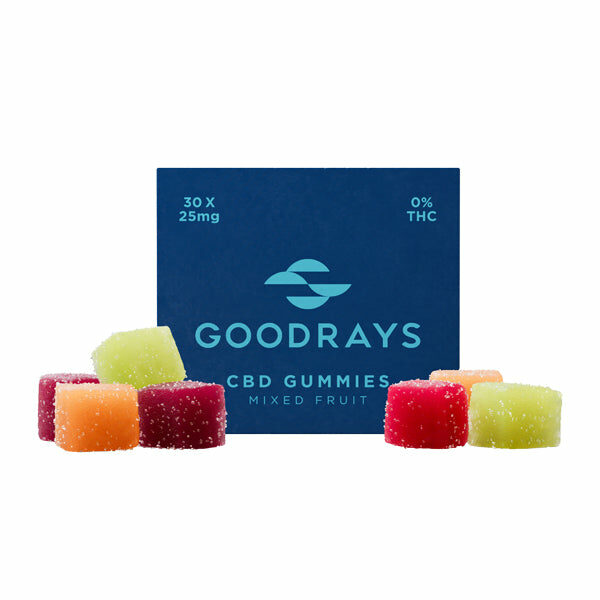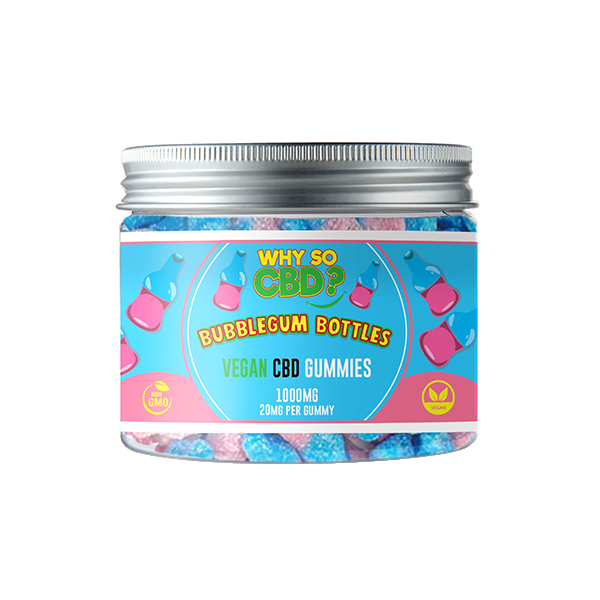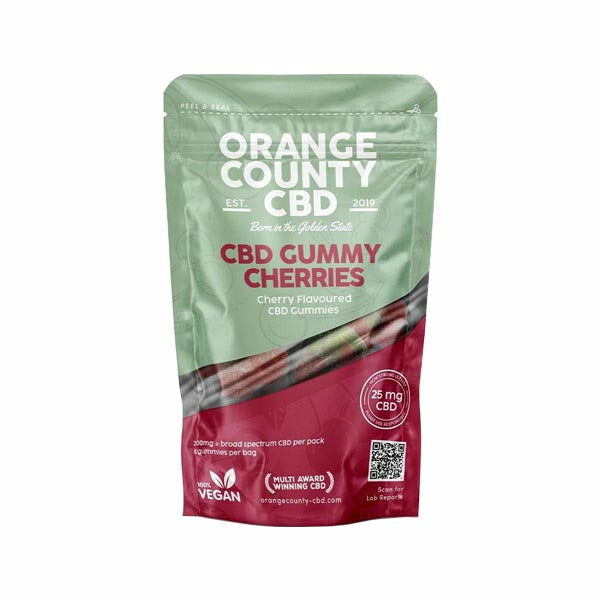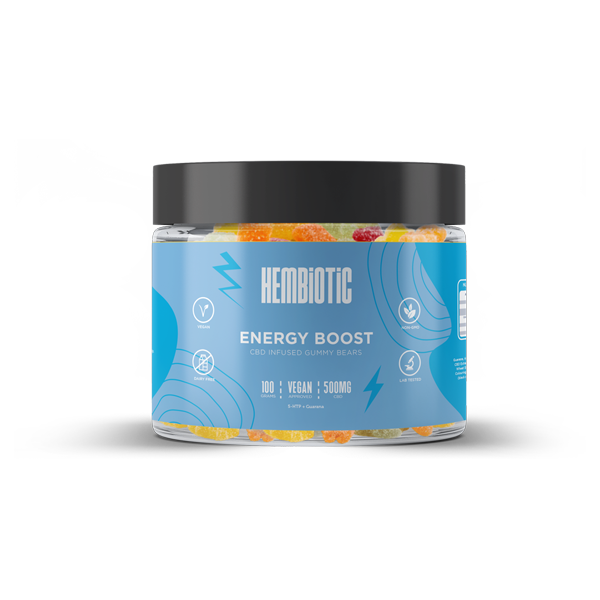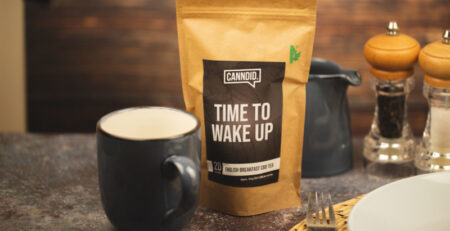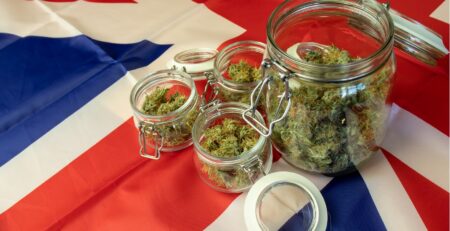Is CBD legal in UK?
With the recent surge in CBD popularity, we are truly spoiled for choice when it comes to CBD-infused products. But with this phenomenon, comes a lot of confusion. Laws surrounding CBD products are ever-changing and it can be challenging to know what’s what. So, is CBD legal in UK in 2022? Let’s take a closer look.
The simple answer is yes, CBD is legal in the UK. CBD is not a controlled substance in the UK; therefore, it is perfectly legal to purchase it and consume it. This is provided that the product complies with UK laws and regulations.
CBD can be imported into the UK but the products must be clearly labeled. Additionally, they must be accompanied by documentation to prove that they have undergone third-party testing. This documentation will also prove that the products do not contain illegal levels of controlled substances, like tetrahydrocannabinol (THC).
THC is a controlled substance in the UK, under the Misuse of Drugs Act 1971. CBD products are permitted to contain no more than 1 mg THC per product.
Is CBD Oil Legal in the UK?
CBD oil is legal in the UK, once the product has the appropriate documentation and is compliant with UK law.
To ensure the products you are purchasing are in line with UK law requirements, we recommend sourcing a reliable supplier. As a consumer, it is best practice to seek the Certificate of Analysis (COA) for each product before making a purchase. This document is a report that proves the products have been thoroughly tested and are compliant and safe to use.
Every company is required, by law, to provide a COA for each product. On product COAs you will find a list of cannabinoids and compounds present in the product. You will also be able to see the concentrations of each of these cannabinoids.
This information should be readily available for customers to view to ensure that the product doesn’t contain any controlled substances, and contains the concentration of CBD, as advertised.
Is THC Oil Legal in the UK?
THC is a control substance in the UK and products that contain in excess of 1 mg THC cannot be legally sold, purchased, or consumed.
Cannabis is listed as a class B drug, under the Misuse of Drugs Act because it has psychoactive properties and can intoxicate consumers. It is illegal to possess, grow or sell in the UK. Any person or business found of unlicensed production or distribution can be charged with large fines and/or up-to 14 years in prison.
There is one exemption to this rule. As of 1 November 2018, cannabis-based products, containing both THC and CBD, can be prescribed by specialist healthcare professionals in cases of exceptional clinical need. Sativex, for example, is an oral spray that consists of both CBD and THC in equal parts, and it has been approved for use in the UK as a treatment for multiple sclerosis and chemotherapy-induced nausea and vomiting.
Medical cannabis is currently unlicensed. This means that it can only be prescribed if the needs of a patient cannot be met by licensed medicines. Prescriptions for medical cannabis are only allowed in exceptional circumstances, where there are no other options for effective treatment.
This is only permitted in extremely rare circumstances, where patients would need to travel outside of the UK in order to access treatment. Under normal circumstances, THC, above the legal limit, is illegal.
Is CBD Flower Legal in The UK?
The laws surrounding CBD are incredibly specific and often confusing. Not every form of cannabidiol is legal in the UK. CBD flower and buds are available for purchase from a range of retailers, across the UK. It is easy to assume that the hemp flower is legal. But in fact, CBD flower is actually not legal in the UK.
Many retailers and suppliers claim that CBD flowers or buds are permitted for sale in the UK because they have been sourced from EU-approved varieties and contain less than 0.2% THC. However, this is not the case.
In a letter from the Home Office, Senior Compliance Officer, Jill Frankham, confirmed that the leaves and flowers were considered a controlled substance. Frankham states:
“I can confirm that the leaves and flowers of the genus Cannabis are controlled and defined as cannabis as outlined in Section 31(1) of the Misuse of Drugs Act 1971”
Jill Frankham
Frankham goes on to elaborate and explain that only the seeds, the stalk, and any fibres produced from the stalk are legal.
Hemp Cultivation
Many believe that if the CBD product contains less than 0.2% THC, it is legal. This is, unfortunately, not the case. The 0.2% limit of THC refers to the cultivation of hemp plants. Farmers can grow hemp plants, as long as the plants contain less than 0.2% THC, and they have acquired the appropriate license.
Part of the hemp cultivation license states that only fibres and hemp seeds can be processed for commercial purposes (to produce hemp seed oil, hemp seeds, hemp fibres). The rest of the plant, including the buds and flower, must be destroyed. In compliance with this licence, farmers must ensure that no buds, leaves, or flowers leave the growing site.
On the basis of this information, CBD flower cannot be legally sold in shops. The flower technically falls under the description of cannabis and therefore falls into the category of a controlled substance, according to the Misuse of Drugs Act.
Is Hemp Oil Legal in The UK?
Yes, hemp oil is completely legal in the UK. The main difference between hemp oil and CBD oil is that hemp oil has little to no CBD content. Hemp oil is an omega-rich oil that is made by cold-pressing hemp seeds, which contain little to no CBD.
CBD oil, on the other hand, is sourced only from the flowers, stalks and leaves of the hemp plant.
Similarly, hemp seed oil is also THC-free. This means that there are no restrictions on hemp seed oil and it is, therefore, completely legal to purchase and consume in the UK.
Are Edibles Legal in The UK
CBD edibles are just regular snacks and treats that have been infused with CBD. The most popular forms of CBD edibles are gummies, chocolate and baked goods like brownies or cookies. CBD edibles are legal in the UK, as long as the products are compliant with UK regulations.
CBD-infused foods and beverages must adhere to the same guidelines as other CBD products. This means that they cannot contain more than 1 mg THC per product container, regardless of the size of the container.
The Medicines and Healthcare products Regulatory Agency (MHRA) have no issued a license for CBD for medical use. This means that CBD products, including edibles and cannabidiol oil, cannot be sold as medicine. This must be reflected in the labelling and marketing of the products. In addition, CBD manufacturers and retailers cannot claim that their CBD products have any medical benefits.
CBD products are included on the EU’s Novel Foods Catalogue and are regulated by the Food Standards Agency (FSA).
Where is CBD Legal?
If you’re planning on travelling and wish to know more information about the legalisation of CBD in your destination country, we advise doing some in-depth research to ensure you’re up to date on the current laws in that country.
Here, we have provided a brief overview of the current CBD laws in some countries around the world.
- Europe: Europe has the world’s second-largest CBD market. CBD is legal in almost every European country, however, stricter regulations are incoming. Generally speaking, the THC limit for hemp plants is 0.2% or less, but Austria and Luxembourg allow up to 0.3% THC content.
France, on the other hand, only allows CBD isolate products that are 100% THC-free. Only CBD products with a THC content under 1% are legal in Switzerland. In contrast, CBD is completely illegal in Slovakia and Lithuania. - North America & Canada: Interestingly, CBD products (with a THC limit of 0.3%) were legalised on a federal level, so they are legal in all 50 states in North America. Additionally, 31 states have also legalised the use of medical marijuana, and 11 states have legalised the recreational use of marijuana, regardless of THC content. Both recreational and medical use is fully legalised in Canada.
- Asian Countries: Of course, Asia is a massive continent and therefore the laws will differ from country to country. At present, India is the only country where CBD is confirmed to be legal. As long as CBD products have under 0.3% THC content, they are legal to purchase and consume in India.
- African Countries: As the CBD market is relatively young in African countries, it has yet to be legalised in many countries. However, this may change in the coming years.
CBD products are completely legal for purchase and consumption in South Africa. At the moment, the only restrictions in place are regarding how the products are marketed. Retailers cannot advertise CBD products as a treatment or cure for specific medical conditions. There is also a maximum dose limit — only 20 mg per day is permitted. - South American Countries: In Uruguay, cannabis has been legalised for both recreational and medicinal use, but the legal status of CBD in other South American countries vary. Many countries have relaxed their cannabinoid laws in recent years, and licences are available for the sale of CBD, provided there is a THC content of 1% or lower.
- Australia & New Zealand: In Australia, laws surrounding CBD are quite strict. Although it is legal, you cannot buy CBD products over-the-counter, you must have a prescription from your doctor.
Similarly, in New Zealand, you are free to purchase CBD products from your local chemist or dispensary with a prescription. You can obtain a prescription for CBD from your own GP, or via a Cannabis Clinic Medical specialist.
Is Weed Legal in The UK?
It is legal to grow hemp plants in the UK, provided you have the appropriate license and the plants have under 0.2% THC content. This means that the plants are certified industrial-grade hemp and have been approved by the EU.
To grow hemp in the UK, you will need a license from the Home Office. Without the appropriate paperwork, it is illegal to grow CBD weed in the UK.
This license lasts three years and defines the commercial end-use for the crop, i.e. extracting CBD oil or hemp oil. This license also requires the destruction of all leaves and flowers as these are considered controlled parts of the plant. No leaves or flowers are allowed to leave the growing site.
Given this information, it is illegal to supply CBD weed or CBD flower to shops and suppliers. Therefore, it is illegal to sell and buy CBD weed within the UK.
Are THC Gummies Legal in UK?
Yes, CBD gummies are legal to purchase and consume in the UK. Provided that they are compliant with the regulations outlined above.
CBD gummies and other edibles cannot be advertised as a medical treatment for specific conditions, and they must contain less than 1 mg THC per product container.
CBD Oil UK Law Explained
The first cannabis laws were introduced to the UK in 1928, by the Dangerous Drugs Act. According to this act, the possession of cannabis was a criminal offence. This act was then amended in 1964 to include the criminalisation of cannabis cultivation.
The 1971 Misuse of Drugs Act introduced the system of classifying drugs into classes A, B, or C. Under this law, cannabis was considered a Class B drug and has still is to this day. However, it was considered a Class C drug briefly, between 2004 and 2009.
In 2015, however, the first cannabis-based medicine became available in the UK. This medicine was available via prescription only. In recent years, CBD products were legalised in the UK and were made available for purchase over-the-counter. However, there are strict regulations governing the sale of CBD oil and CBD products.
To be sold legally in the UK, CBD oil products must contain less than 1 mg THC in each container. This CBD oil must be sourced from EU approved hemp plants, containing less than 0.2%, and grown by farmers with the appropriate Home Office issued licence.
In addition, suppliers cannot legally market CBD products as medical treatments, and they must include certificates of analysis for every product. This document must outline the presence and potency of any cannabinoids in the product.
CBD Regulations: UK 2022 Update
Previously, CBD retailers were not required to hold any licences for the sale of CBD products. However, in 2019 the Food Standards Agency confirmed that CBD is a novel food and in February 2020 the FSA announced that each CBD product for sale will require a validated novel foods application.
The deadline for this application is March, 31st, 2021. From 1st April 2021, any products without an approved application will need to be removed from shelves.
According to the FSA, these applications will be reviewed over the course of 8 days, by administrators, and it can take up to 30 working days for the application to be validated. Following this, there is an authorisation process. This process ensures that the products are compliant with legal requirements, including safety and content.
Although this application procedure may be inconvenient for manufacturers and retailers, it means that products are made safer for consumers. Customers can rest assured that they are getting the products, as they advertised, and they have been tested for safety and quality assurance.
Conclusion
It’s easy to get a bit confused when it comes to CBD laws in the UK. The question ‘is CBD legal in the UK?’ certainly doesn’t have a short answer.
So, is CBD legal in the UK? Yes, according to UK law, CBD can be legally sold and consumed once the product is in compliance with UK law.
This means that the CBD product was made with oil sourced from certified plant and farmers, the product was made in a regulated lab. It also means that the retailer must hold a validated novel foods application for the product and each product container doesn’t contain more than 1 mg of THC.
It is worth noting that the sell of CBD flower is not currently permitted in the UK, as it falls under the categorisation of cannabis, along with hemp leaves. Therefore, it is considered a controlled part of the hemp plant.

